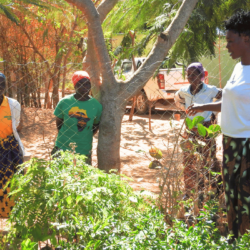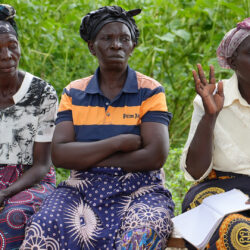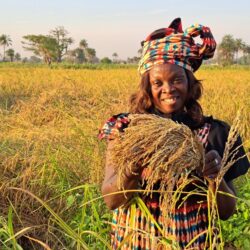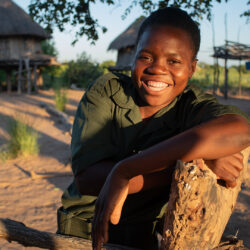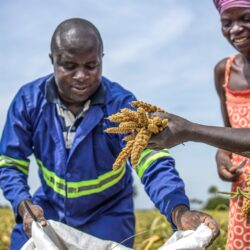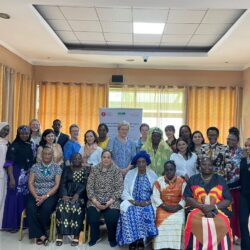Her Voice Launches Agribusiness Clinic to Support Women Farmers
Her Voice, a local agribusiness group, has officially launched its Agribusiness Clinic, a new training and support hub aimed at empowering women, youth, and smallholder farmers across Liberia. The initiative is being implemented with support from the Grow-2 project in partnership with the Ministry of Agriculture. The clinic, launched in Monrovia, is designed to provide hands-on training in merchandise farming, organic cultivation, and farm-to-table systems. It will also serve as


